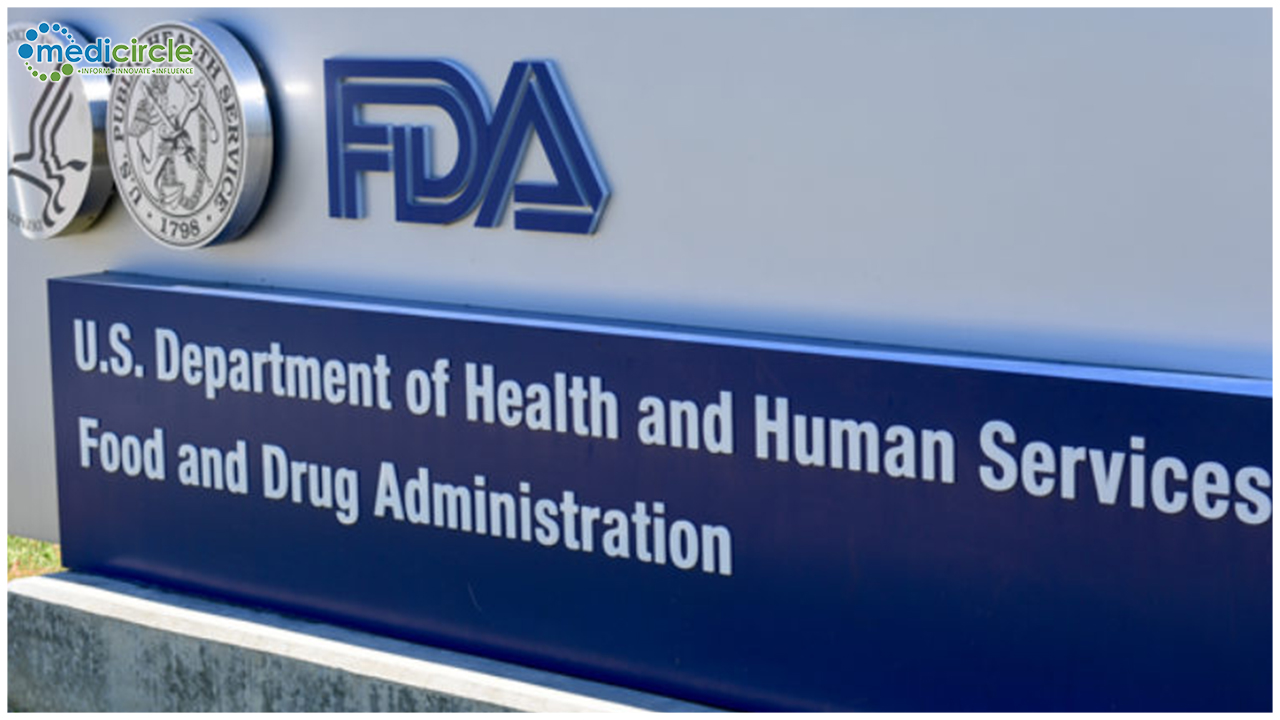The U.S. Food and Drug Administration today approved the first generic of ProAir HFA (albuterol sulfate) Inhalation Aerosol for the treatment or prevention of bronchospasm in patients four years of age and older with reversible obstructive airway disease and the prevention of exercise-induced bronchospasm in patients four years of age and older.
"Today's approval of the first generic drug product for one of the most commonly used rescue inhalers in the U.S. is part of our longstanding commitment to advance patient access to lower-cost, high-quality generic drug products that are as safe and effective as their brand name counterparts, and to expand opportunities to bring generic copies of complex drugs to the market," said FDA Commissioner Stephen M. Hahn, M.D. "Metered dose inhalers like these are known as complex generics, which are traditionally harder to copy because of their complex formulation or mode of delivery. As a result, too many complex drugs lack generic competition even after patents and exclusivities no longer block generic approval. Supporting development and approval of generic copies of these complex medicines so that these products can get to patients has been a major focus of our efforts to improve competition and access and to lower drug prices. Getting more generic copies of complex drugs to the market is a key priority for how we'll help bring new savings to consumers."
According to the National Heart, Lung, and Blood Institute, bronchospasms occur when the muscles surrounding the airways swell and tighten, squeezing the airways and making them smaller. Exercise and other physical activity can bring on symptoms in most people who have asthma and may occur either during or right after being active. Asthma causes recurring periods of wheezing (a whistling sound when breathing), chest tightness, shortness of breath and coughing. The coughing often worsens at night or early in the morning. Asthma affects people of all ages, but it most often starts during childhood. In the United States, more than 26 million people are known to have asthma, about 7 million of these people are children.
The most common side effects associated with Albuterol Sulfate Inhalation Aerosol are headache, rapid heart rate (tachycardia), pain, dizziness, sore throat (pharyngitis), rhinitis, chest pain, palpitations, tremor and nervousness.
The FDA regularly takes steps to help guide industry through the development process for generic drug products, including combination products, such as metered dose inhalers, that consist of a drug and a device. The development of generic combination products can be more challenging than solid oral dosage forms, like tablets.
Under the Generic Drug User Fee Amendments (GDUFA), individual companies can meet with the FDA as part of its pre-Abbreviated New Drug Application (ANDA) program to support the development of such complex generic drug products. The FDA also publishes guidance documents describing the steps the FDA recommends companies take to submit complete applications for generic drug products.
In 2016, the FDA issued a revised draft product-specific guidance for proposed generic albuterol sulfate metered dose inhalers, including drug products referencing ProAir HFA. Among other things, the draft guidance provides bioequivalence recommendations.
The FDA requires sponsors to submit appropriate data and information to demonstrate that complex generic drug-device combination products meet the agency's rigorous approval standards. These standards ensure that quality generic drug products are as safe and effective as their brand name counterparts.
In 2020, the FDA will continue to advance additional policies to promote generic competition for complex generic drug products. Among other steps, the agency intends to publish additional guidance documents to aid in the development of specific complex generic drug products. The FDA also plans to publish a series of guidances to address regulatory and scientific challenges that make it generally more difficult to develop complex generic drug products because of their complex formulation or mode of delivery. As part of this, the FDA intends to issue draft guidance with recommendations on establishing active ingredient sameness. In addition, the FDA is going to help advance the development of new analytical tools and in vitro tests that may provide additional accurate, sensitive and reproducible ways to support development of complex generic drugs. Better tools can reduce complex generic drug development time and cost and can inform regulatory decisions.

 Agency Supports Development of Complex Generic Drugs to Improve Competition and Access to More Affordable Medicine
Agency Supports Development of Complex Generic Drugs to Improve Competition and Access to More Affordable Medicine










.jpeg)


.jpeg)
.jpeg)
.jpeg)
_(1).jpeg)

_(1)_(1)_(1).jpeg)
.jpeg)
.jpeg)
.jpeg)








.jpeg)
.jpeg)